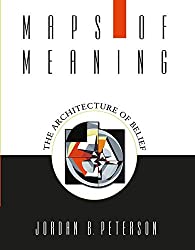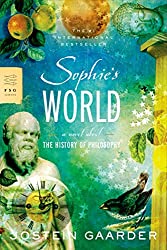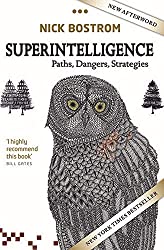
Rating: 8.5/10.
An autobiographical book where the author describes the psychology of prisoners in Nazi concentration camps. What’s the difference between the survivors and non-survivors? According to Frankl, the key difference is the will to survive — in the camps, you constantly have to use clever means to survive (eg: trading cigarettes for soup to avoid starving), and it’s easy to give up and die (by smoking your own cigarettes). Those with some purpose to live for (work to be done, or a beloved person) retained the will to survive throughout the years.
In many ways, Frankl’s philosophy is a modern manifestation of Nietzsche, who is quoted several times: “He who has why to live for can bear almost any how“. In life, it’s essential to have some goal to pursue, then all your choices and suffering becomes meaningful; without a goal, you’re just waiting for life to end. Suffering is inherently relative: even under the most horrible conditions, there is ups and downs like in normal life, and you always retain the ability to choose your actions. Indeed, prisoners dream of liberation, but paradoxically, after they’re free, they’re not happy but experience more suffering: their life is now empty as they have nothing to look forward to.
The second part of the book gives an overview of logotherapy, a method of psychotherapy invented by the author. A lot of people today suffer from boredom and a lack of goal in life. Man cannot be happy in a tensionless state; he must be constantly pursuing some goal that he chooses. To do this, consider what you can give back to the world, and make this your pursuit. Other than choosing your personal mountain to climb, there are many scenarios where you have more self-determination than you think — you get to choose how you “frame” an adverse situation, and react to it accordingly.



